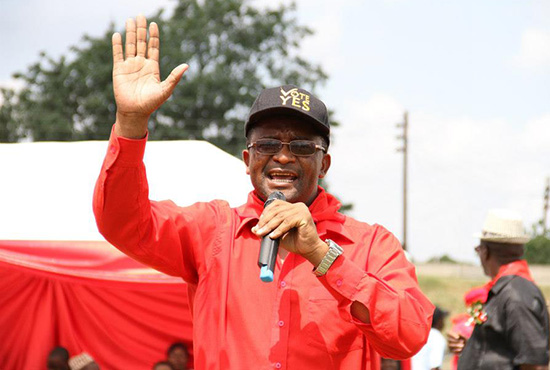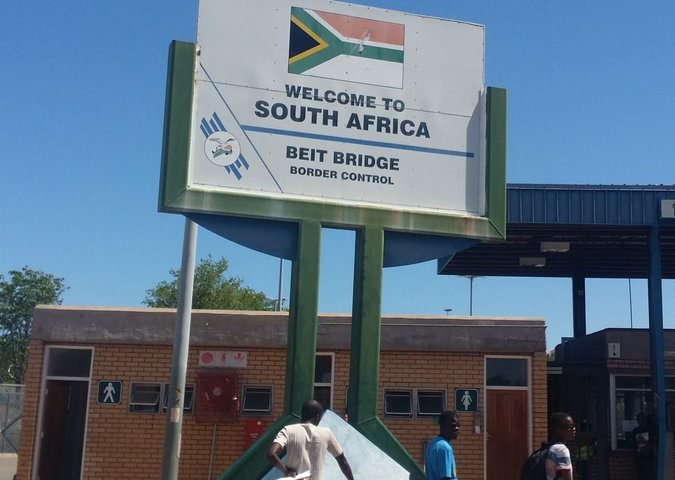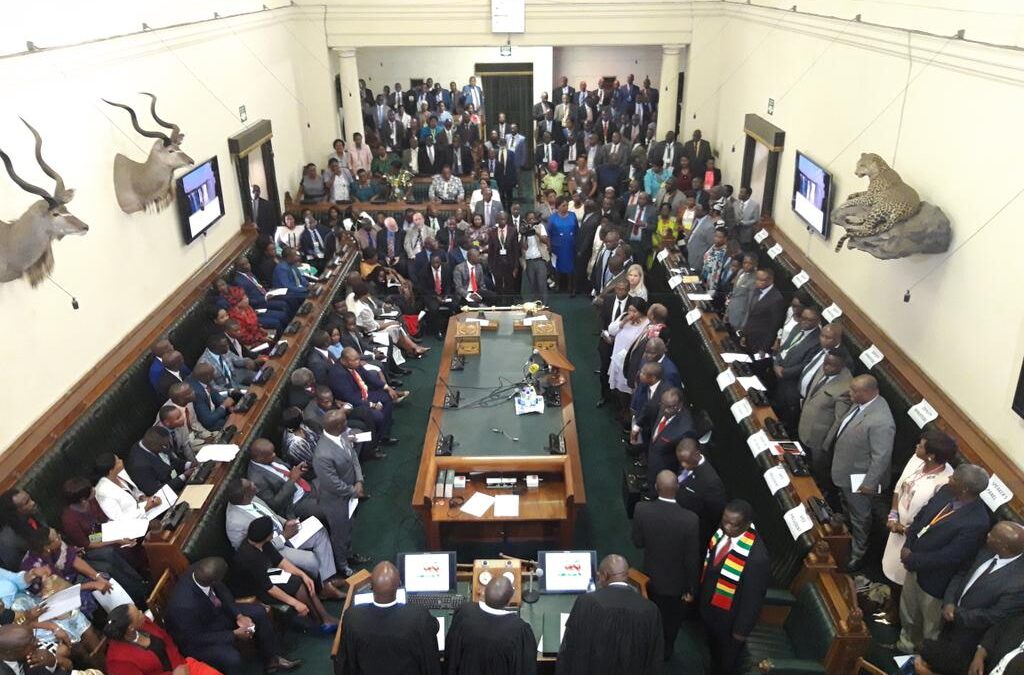Staff Reporter
South African Engineer Matshela Koko has released a dossier, which reveals massive State Capture 2.0 that is playing in court papers involving the Special Investigations Unit, Eskom, and a multinational company trading as HKA. Below reads the document:
What went wrong with Eskom and the Special Investigating Unit’s thrilling manoeuvring?
Binnington Copeland and Associates (Pty) Ltd caught up in State Capture 2.0.
Abstract
This article critically examines the involvement of Binnington Copeland and Associates (Pty) Ltd, trading as HKA, in the review application initiated by the Special Investigating Unit (SIU), Eskom, and ABB South Africa. The review application seeks to annul a contract awarded by Eskom to ABB South Africa for the supply and installation of Control and Instrumentation Systems at the Kusile Power Station. The article raises concerns about HKA’s objectivity and credibility due to their prior engagements with Eskom, particularly in evaluating the Demobilisation Variation Claim in 2017.
It explores the implications of HKA’s conflicting roles and the resulting conflicts of interest, which challenge the integrity of the judicial process that relied on HKA’s findings. The article underscores the urgent need for independent expert evaluations in such cases to ensure the credibility and fairness of judicial outcomes.
Introduction
The Special Investigating Unit (SIU) and Eskom engaged HKA to provide expert services related to the Control and Instrumentation (C&I) Works Contract at the Kusile Power Station and the four most significant Variation Orders by value. HKA’s Executive Summary Report, produced in 2021, concluded that the contract prices of the C&I Works Contract and the four variation orders were inflated beyond what is objectively reasonable. However, HKA’s previous involvement with Eskom in 2017 raises serious questions about its capacity to function as independent experts in the assessment related to the review proceedings.
Background
In January 2017, Eskom appointed HKA to assist in assessing ABB South Africa’s Demobilisation Claim. HKA reviewed and evaluated the cost calculations submitted by ABB South Africa for the Demobilisation Claim, identifying errors and providing revised assessments.
HKA initially assessed ABB South Africa’s variation cost calculation of R212,364,080.02 and revised it to R201,364,080.02 after correcting errors. After negotiations, HKA further revised the Demobilisation Variation Claim to R126,532,857.31 and R173,980,770.91. Following negotiations between HKA and ABB South Africa and during a meeting held on July 14, 2017, HKA and ABB South Africa further scrutinised and re-evaluated the Demobilisation Claim. This process led to the final settlement amount of R179 million.
Strangely, over three years later, the SIU and Eskom re-engaged HKA to provide independent expert services concerning the C&I Works Contract and the four most significant Variation Orders by value, including the Demobilisation Claim. This re-engagement is notable because HKA had previously assessed the Demobilisation Claim. Specifically, HKA had initially assessed the Demobilisation Claim at R173,980,770.91, settling at R179 million after further negotiations. The fact that HKA was re-engaged and their prior involvement was not disclosed in court on April 5, 2024, raises serious concerns about transparency and conflicts of interest.
In 2021, HKA produced an executive report that concluded that the contract prices under the Works Contract and the Variation Orders were inflated beyond what is objectively reasonable. On April 5, 2024, the court relied on the forensic independent report to declare the C&I Works Contract and its associated agreements unlawful and invalid.
Analysis of HKA’s Dual Roles
HKA’s involvement in the 2017 and 2021 assessments raises concerns about their objectivity. When the SIU and Eskom re-engaged HKA it reviewed work it previously did for Eskom and concluded that the cost assessment they provided in 2017 was overpriced. Their dual roles in assessing the same project’s claims over different periods could lead to potential biases or conflicts of interest.
What specific factors led HKA to alter its assessment from the 2017 Demobilisation Claim to the 2021 C&I Works Contract review? How did the previous conclusions of HKA potentially influence their later assessments? Why was the conflict of interest involving HKA not disclosed to the court during the proceedings on April 5, 2024? Therefore, it is reasonable to question HKA’s independence in this context—the SIU and Eskom short themselves in the foot.
Implications for the Judicial Process
The conflict of interest involving HKA undermines the integrity of the judicial process. If HKA’s assessments are perceived as biased or influenced by their previous involvement, it affects the validity of the court’s decisions and the fairness of the outcomes.
The court’s decision on April 5, 2024, to declare the contract with ABB South Africa unlawful based on the HKA 2021 report is compromised by conflicting evidence from the HKA reports.
Reliance on the HKA Report
The SIU, Eskom, and ABB South Africa’s heavy reliance on the HKA report, which states that the contract prices were inflated beyond what is objectively reasonable, is a significant weakness in the review application for several reasons.
Given HKA’s dual roles in the 2017 and 2021 assessments, their ability to provide an independent and unbiased evaluation in the review application is compromised. This conflict of interest undermines the credibility of their findings and raises questions about the integrity of the judicial process. The conflicting conclusions between the 2017 settlement and the 2021 report cast doubt on the credibility of HKA’s findings.
The biggest challenge for Eskom, SIU and ABB South Africa is that the contemporary reports such as the Eskom specialists’ Technical Evaluation Report of November 18, 2014, two FinFive Incorporated Forensic and Assurance Reports of November 9, 2014, and February 10, 2015, support the assertion that the C&I procurement process was conducted transparently and according to established procedures, ensuring fairness and compliance with Eskom’s procurement policies. In contrast, the HKA report published more than three years later, whose independence is seriously doubtful, suggests irregularities and overpricing of the Kusile C&I contract and the related variation orders.
Eskom and the SIU’s failure to fully disclose all material facts, including HKA’s dual roles and the potential conflict of interest, could have influenced the court’s decision regarding the procurement process for the C&I Systems at Kusile Power Station. The non-disclosure raises significant concerns about the integrity of the judicial process and the credibility of the expert assessments. An independent review of the evidence is necessary to ensure a fair and just resolution.
Conclusion
The appointment of HKA by Eskom and the SIU as independent experts to assess the Kusile C&I Variation Orders, including the Demobilisation Variation, raises significant concerns about their objectivity and credibility. These concerns stem from their prior involvement with Eskom and the conflicting conclusions between the 2017 settlement and the 2021 report. This arrangement creates a conflict of interest, undermines the integrity of the judicial process, and questions the validity of the court’s order. The heavy reliance on the HKA report by the SIU, Eskom, and ABB South Africa highlights a critical weakness in the review application. Future engagements of expert services in legal proceedings must ensure true independence to maintain the credibility and fairness of the judicial process.





0 Comments